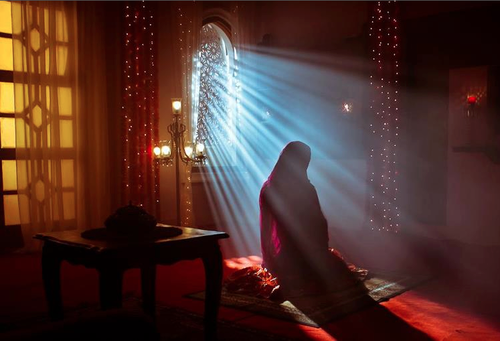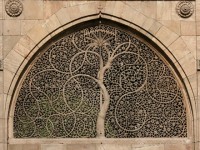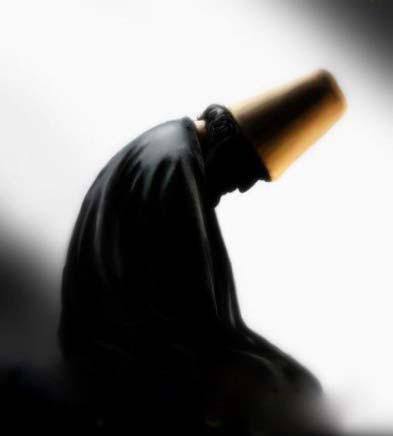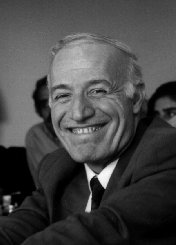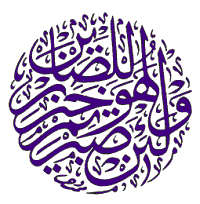Islam & Logos
We lament the violent and disrespectful actions of a tiny minority of Muslims toward Christians in various parts of the world as a result of the Pope's recent remarks. Such actions only advertise the ignorance of those engaged in them and, as these images are aired by the media worldwide, contribute to the misconceptions of non-Muslims. These reactive outbursts are, for some reason, more likely to be picked up by television producers than examples of humility, forgiveness, and reconciliation. Acts of rage make for dramatic viewing; patience, forbearance, and similar virtues attract far less attention. But inflammatory remarks by world leaders and the rage and reaction they provoke are part of an especially counter-productive cycle of irrationality and do not lead to the mutual understanding and respect that we must attain in the circumstances of today's interconnected humanity.


